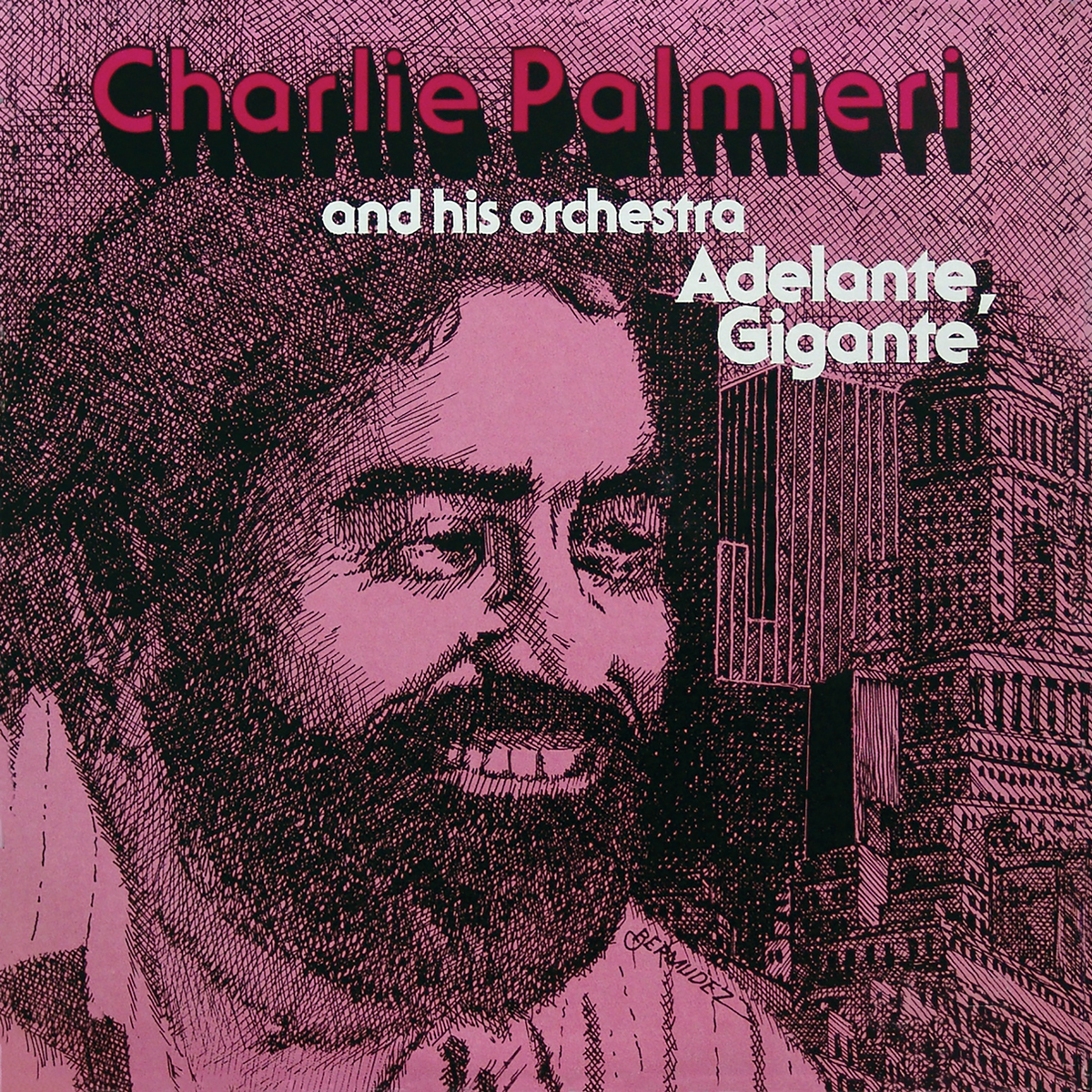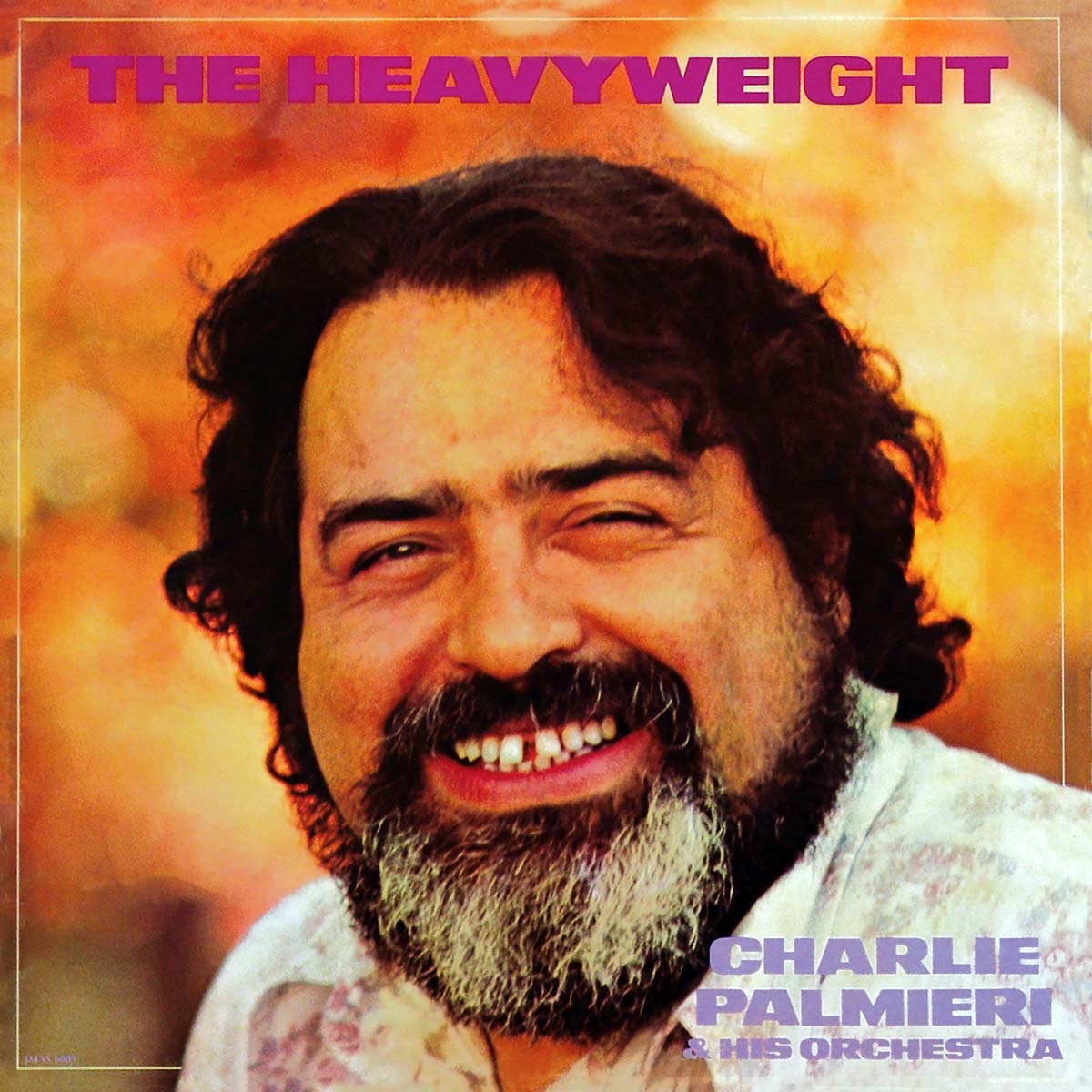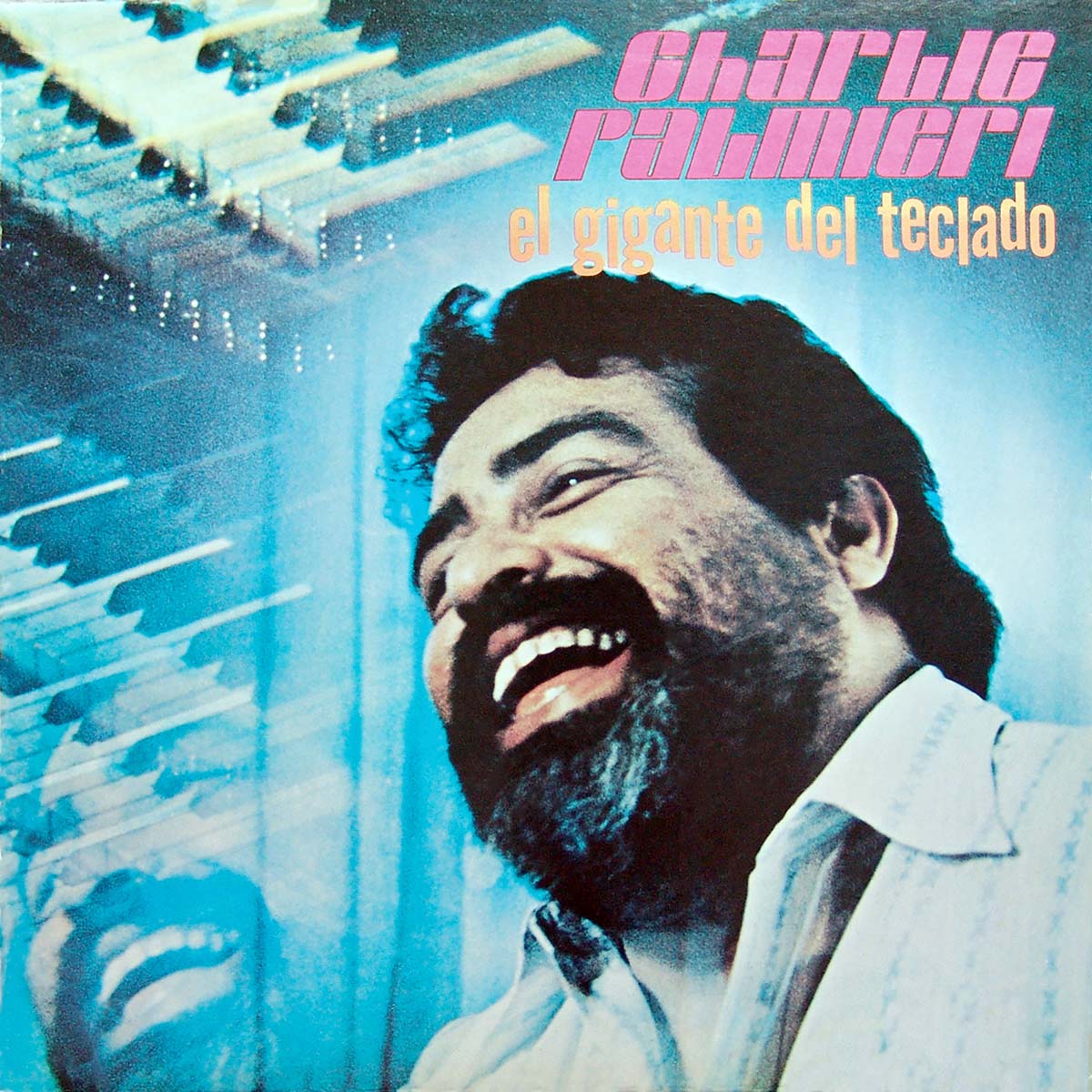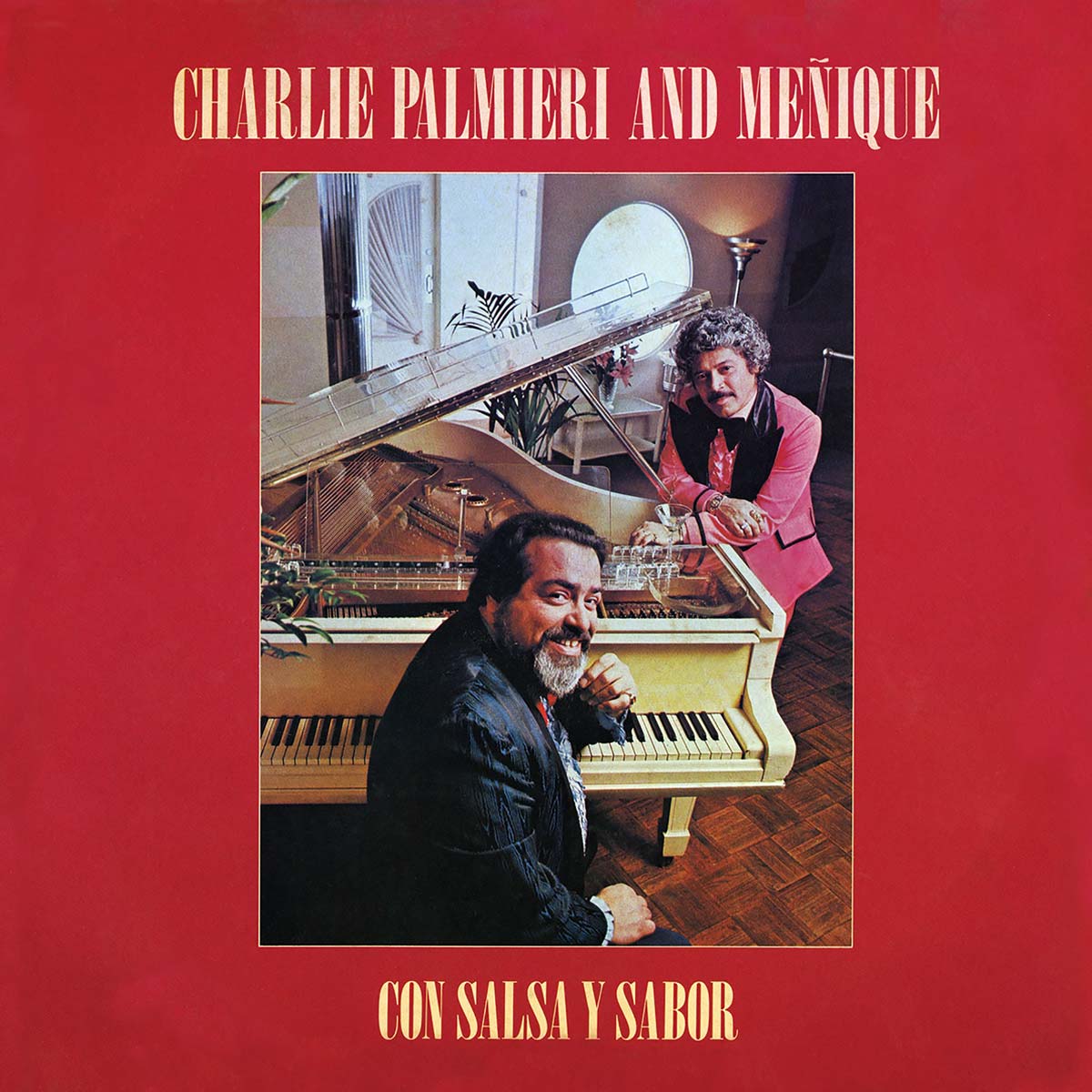
In interview after interview, keyboard wizard Eddie Palmieri has repeatedly stated that his older brother, Charlie, who passed away in 1988 at age 60, had mastered the piano better than he had. In reality, comparing Charlie and Eddie Palmieri is an exercise in futility. Both are thought of as phenomenally talented performers and bandleaders, whose lasting influence on the history of Latin music cannot be underestimated. That said, listening just once to Adelante, Gigante is enough for Afro-Caribbean aficionados to understand what Eddie was talking about when he proudly stated that Charlie was the real “Rey de las Blancas y las Negras”—The King of the Piano Keys.
So how did these two musical giants differ from one another? On classic releases such as The Sun of Latin Music, Eddie favored psychedelic chords and dissonant atmospherics. He kept the dancers happy with orgiastic salsa funkathons—but his thirst for experimentation was not easily quenched.
Charlie, on the other hand, was a more conservative soloist. His spectacular sense of swing was elegant and restrained. There was something velvety about his arrangements—even when his orchestra achieves pinnacles of fiery danceability. Charlie’s sound harks back to the delicate dynamics of vintage pianists like Cuba’s Peruchín and Puerto Rico’s Noro Morales.
“When you listen to Charlie’s solos, they take you back to one root—and that root is Noro Morales,” says sonero Adalberto Santiago, who performed background vocals on many of Charlie’s 1970s session for the Alegre label. “Noro was his idol.”
Case in point: The Morales composition Tema de María Cervantes gets a deluxe treatment on this album. It is arguably the most transcendental cut on the record, especially during the section when Charlie’s hypnotic piano pattern is complemented by Quique Dávila’s equally tasteful timbales solo.
When asked about Charlie’s temperament, Adalberto recalls the Giant’s contagious sense of humor.
“He was an incredible human being, always laughing and telling jokes,” Santiago recalls. “He had this funny saying that I’ve adopted as my own: Me siento tan bien que me siento mal que me traten tan bien—I feel so good that I feel bad that I’m being treated so well.”
Charlie’s ebullient sense of humor is present in his choice of material. Three of the songs here boast the kind of affable humor that defines tropical music at its joyous best.
On El Susto, Puerto Rican crooner Vitín Avilés sings about sleeping for three days straight after ingesting dozens of oysters and some fish soup too. He is taken for dead and placed in a coffin “muy vestidito de negro” (very much dressed up in black). Fortunately, he awakens in time to prevent being buried alive. Avilés’ gentlemanly delivery, reminiscent of his good friend and compatriot Tito Rodríguez, adds an aristocratic tinge to this tall tale of an unforgettable fiasco.
The playful Al Que Le Pique (known among younger music fans as a sticky merengue hit) and Por Querer Tener Dos (the story of an unfaithful husband) are equally amusing. The latter also includes one of El Gigante’s funky piano solos.
Creating sophisticated juxtapositions between disparate moods, Charlie was wise to include a bolero in this collection. Many will remember Cuando Vuelva A Tu Lado as performed by Trío Los Panchos with Eydie Gormé. Avilés’ nuanced interpretation is a jewel, and the arrangement favors the aesthetic path followed by Cheo Feliciano on his seminal Cheo album. This is the bolero as seen through the nostalgic prism of the 1970s—loaded with jazzy undertones, a lounge sensibility and a touch of melodramatic pop.
It is moments like this one that elevate Adelante, Gigante to the unequivocal status of minor masterpiece.
Album Credits:
Arranged & Conducted by Charlie Palmieri
Charlie Palmieri – Piano, Fender Rhodes, Organ
Rudolpho Manzano – Trumpet
Lou Laurita – Trumpet
Bobby Nelson – Tenor Sax and Flute
Bobby Rodriguez – Fender Bass
Enrique Davila – Timbales
Willie Rodriguez – Bongo
Luis Rodriguez – Conga
Pito Gonzalez – Tamboura
Chorus – Pedro Lombillo, Willie Nival, Ray Velez
Arrangements – Charlie Palmieri, Tito Puente, Fernando Pizarro
Producer – Joe Cain
Engineer – Charlie Palmieri Jr (Recording and Remixing)
Original Illustration Photography and Design: Eduardo Bermudez
Project Coordinator – Evelyn Garcia
Recorded – Generation Sound Studios, NY
Written by Ernesto Lechner





